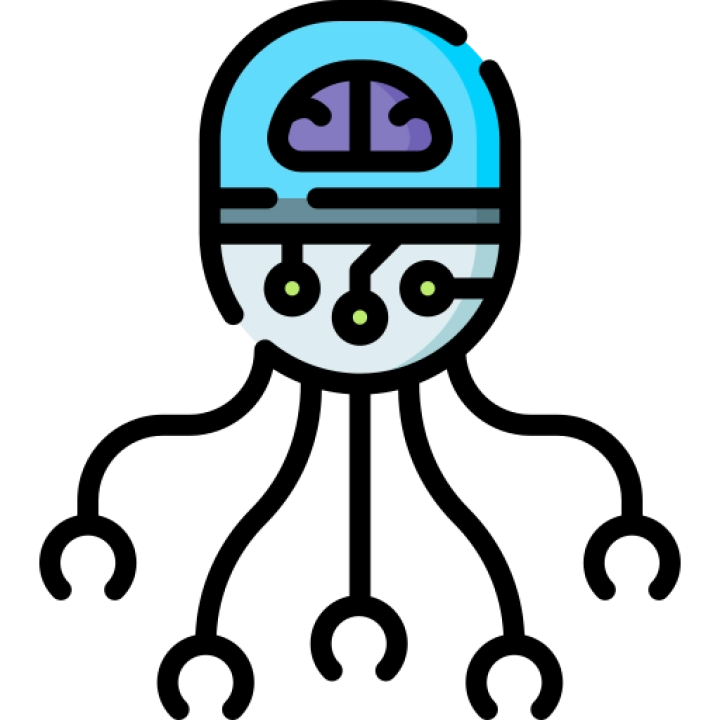College: Institute of Graduate Programs
The Computing Science and Engineering (CSE) specialization integrates principles of computer science, applied mathematics, and engineering to solve complex problems using computational methods. Students acquire skills in algorithm development, numerical analysis, high-performance computing, data analytics, and scientific computing, preparing for careers in research, industry, and academia.
Learning Objectives:
- Understand the principles of computing science and engineering.
- Develop skills in algorithm development and numerical analysis.
- Learn high-performance computing techniques and parallel processing.
- Explore data analytics and scientific computing methods.
- Analyze computational modeling and simulation techniques.
- Develop critical thinking, problem-solving, and analytical skills.
- Gain practical experience through projects and internships.
Core Curriculum:
- Introduction to Computing Science and Engineering - An overview of computing science and engineering principles, history, and current trends.
- Algorithm Development - Basics of algorithm design and analysis.
- Numerical Analysis - Techniques for solving mathematical problems using numerical methods.
- High-Performance Computing - Principles of parallel processing and high-performance computing systems.
- Data Analysis - Methods for analyzing and interpreting large datasets.
- Scientific Computing - Using computational methods to solve scientific and engineering problems.
- Computational Modeling and Simulation - Techniques for developing and implementing computational models.
- Parallel Programming - Principles of writing programs for parallel computing environments.
- Optimization Techniques - Methods to enhance computational processes and algorithms.
- Machine Learning - Basics of machine learning algorithms and applications.
- Visualization Techniques - Methods for visualizing data and computational results.
- Practical/Applied Training - Real-world experiences in research, industry, or academia.
- Capstone Project - An integrative project applying computing science and engineering skills, such as developing a computational model, conducting a data analysis project, or implementing a high-performance computing solution.
Assessment Methods:
- Analysis of computer science principles
- Algorithm development projects
- Numerical analysis projects
- High-performance computing projects
- Data analysis projects
- Scientific computing projects
- Computational modeling and simulation projects
- Parallel programming projects
- Optimization techniques projects
- Machine learning projects
- Visualization techniques projects
- Internship reports
- Capstone projects and presentations
Recommended Textbooks:
- "Introduction to Computing Science and Engineering"
- "Algorithm Development"
- "Numerical Analysis"
- "High-Performance Computing"
- "Data Analysis"
- "Scientific Computing"
- "Computational Modeling and Simulation"
- "Parallel Programming"
- "Optimization Techniques"
- "Machine Learning"
- "Visualization Techniques"
Prerequisites:
Basic knowledge of computer science and mathematics, and an interest in computing science and engineering.
Program Duration:
Typically 4 years to earn a Bachelor's degree in computing science and engineering.
Certification:
Graduates can earn certifications such as:
- Certified Analytics Professional (CAP)
- Certified Data Scientist (CDS)
- Certificates in specific computing programs and technologies
Target Audience:
Aspiring computer scientists, data analysts, scientific computing specialists, high-performance computing engineers, and professionals seeking careers in research, industry, academia, and related fields.
This specialization provides students with the computational, analytical, and problem-solving skills needed to excel in computing science and engineering, supporting careers in various roles within research, industry, academia, and related fields.
The program offers comprehensive education in computer science and engineering principles, algorithm development, numerical analysis, high-performance computing, data analytics, scientific computing, computational modeling, parallel programming, optimization techniques, machine learning, visualization techniques, and practical experience through internships and projects, preparing students for successful careers in the field.




